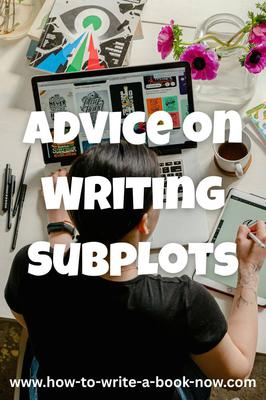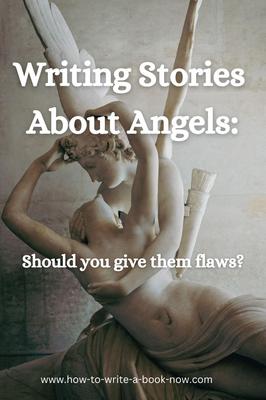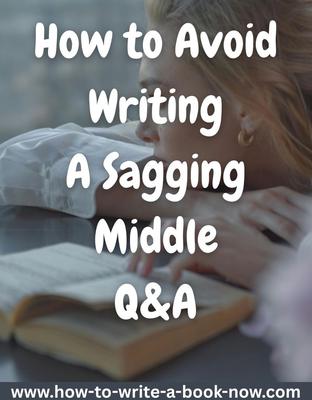Word Choice
by Ellie McJunkin
(Canada)
Question I feel I'm using a lot of the same words again and again. Some of these words are "but," "instead," "though," "after," "then," "really," and since in my book they're driving a lot, "car," and "stopped."
I still want to use words that mean the same thing, but am having trouble finding replacements.
Also should I try to take those words out instead of replacing them?
Answer: Obviously, I haven't seen your writing, but here are some thoughts...
1. "But" is a pretty common word in English, so it is understandable that would appear multiple times. Nonetheless, you can overuse any word. If you feel you are using it too often, you could be right. Try varying your sentence structure to reduce the use of "but."
2. See if you can leave the word "really" out of most sentences. Unless it's being used in dialogue (for instance, if it reflects a character's idiosyncratic way of talking), it's mostly just filler. It doesn't add any information, meaning, or nuance to your prose.
It's a word whose only value is to add emphasis, so, like italics or all-caps, it must be used sparingly. Otherwise, it just annoys the reader.
Rule of thumb: If your sentence makes sense without the word "really," then leave it out.
3. Along a similar line, see if you can leave out the word "then," another word which doesn't add much to a sentence. After all, if you say something happened, obviously it happened "then," so there's no need to use the word.
Again, what's the difference between writing...
"John knocked on the door, but no response came. Then he twisted the knob. It didn't budge."
and...
"John knocked on the door, but no response came. He twisted the knob. It didn't budge."
If "then" doesn't add meaning or clarity
Same with "after."
4. Regarding "car," you might try specifying what type of car it is, especially if the car is an important element of the story. This would also distinguish it from any other cars in the story.
5. Regarding "stopped," I agree that if your characters spend a lot of time driving, you should consider different ways they might stop the car that might reflect the emotions in the scene, the personality of the driver, or the situation. Does the car come to a gentle halt or a screeching stop? Does the driver parallel park or park half on the sidewalk? What action might indicate the "stopping"? Do you show the driver pulling the key out of the ignition, unfastening his seat belt, applying the brakes, opening the garage door, or putting the car in "park"? See if the action can be a little different each time.
6. "Instead" is an odd word. Often, it's used to tell the reader that the character could have done something other than what he did do. That's okay if you are signalling a break in a routine. But used often, it implies your narrator has some odd notion that the character should be doing something different:
"Instead of X, he did Y. Instead of Q, he did P."
"Though" is similar, and again implies the character is making odd choices:
"Though X, he did Y. Though Q, he did P."
Generally, your job is to describe what the characters did do, not to be reflecting on what they might have or should have done. The exception is if you have a narrator with a strong opinion about the protagonist or the other characters. But even then, I think you want to be sparing in your use of these words.
- Home
- Writing Questions
- Word Choice















